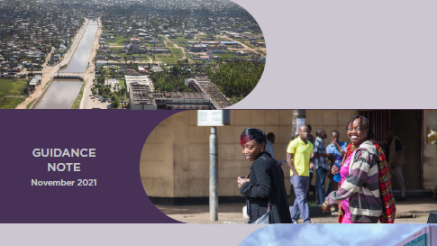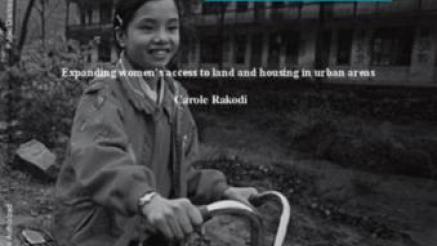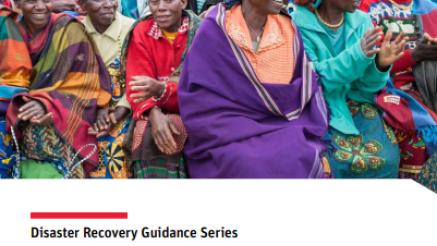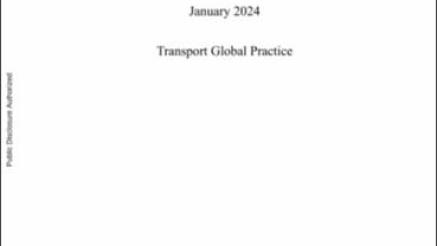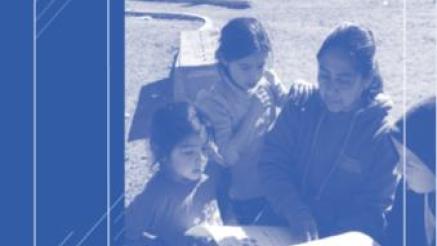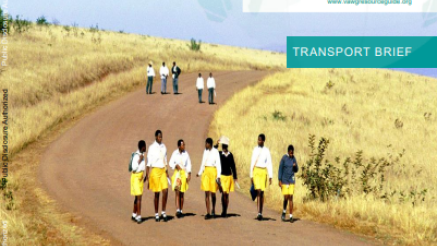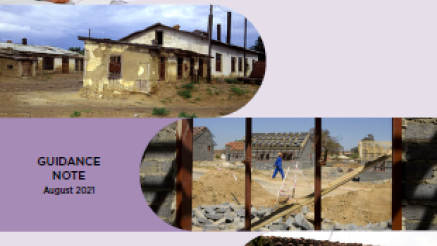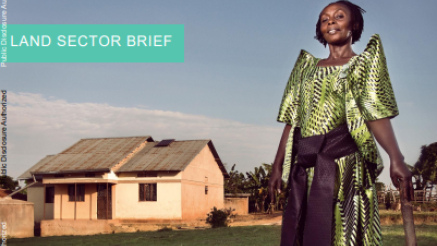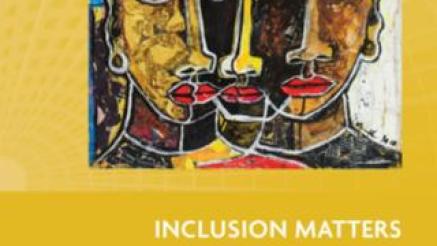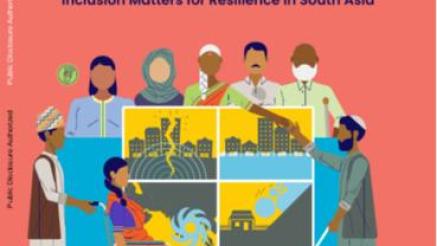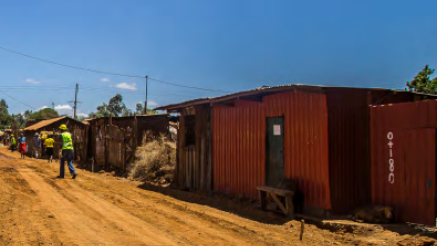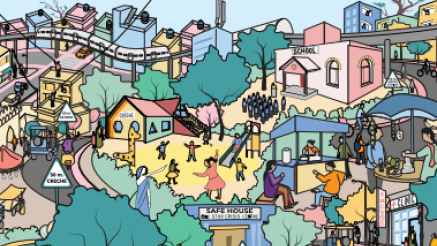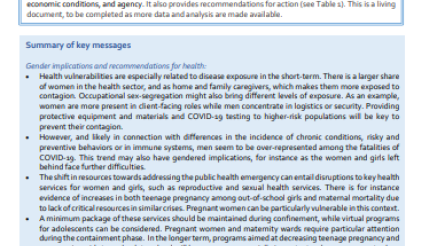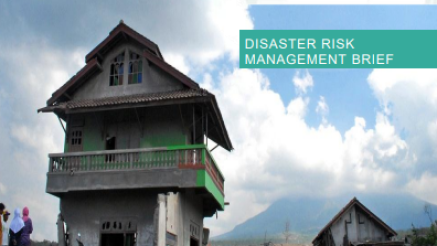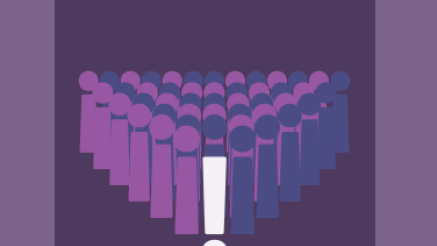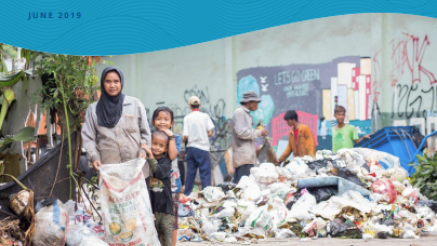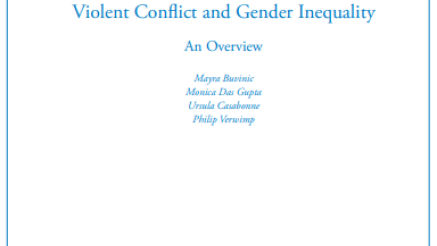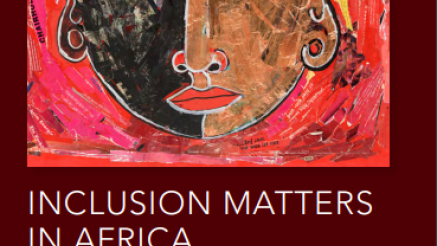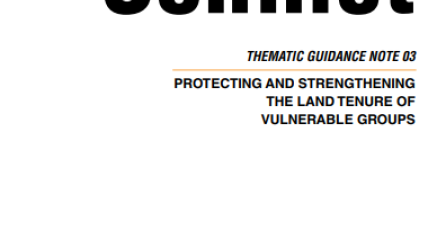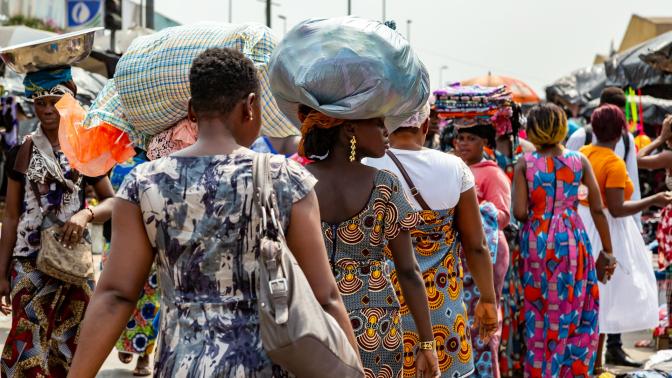
The World Bank Group takes as its starting point that no country, community, or economy can achieve its potential or meet the challenges of the 21st century without the full and equal participation of women and men, girls and boys.
The GPSC works closely with the World Bank Gender Group, as well as gender experts from our partner organizations and network, to ensure that urban sustainability efforts are inclusive, equitable, and gender-responsive. This collaboration integrates gender perspectives into every aspect of the GPSC’s knowledge sharing, policy guidance, and capacity-building activities. By linking global expertise on gender and climate with the realities faced by cities, the partnership supports the design of greener and more inclusive urban interventions that empower women, address inequalities, and strengthen community resilience.
Gender equality is not only a matter of social justice—it is essential for achieving lasting urban sustainability. Women and girls are disproportionately affected by climate impacts, urban poverty, and limited access to basic services, yet they are also key drivers of change in building more resilient, low-carbon cities. Through joint initiatives, guidance materials, and peer learning events, the GPSC and the World Bank Gender Group are helping cities recognize and respond to gendered impacts of climate and environmental challenges. Together, they work to ensure that sustainable urban development enhances safety, mobility, economic opportunity, and decision-making power for women—creating cities that work better for everyone.
Explore our digital library to access resources, tools, and publications on gender, climate resilience, and inclusive urban development.



